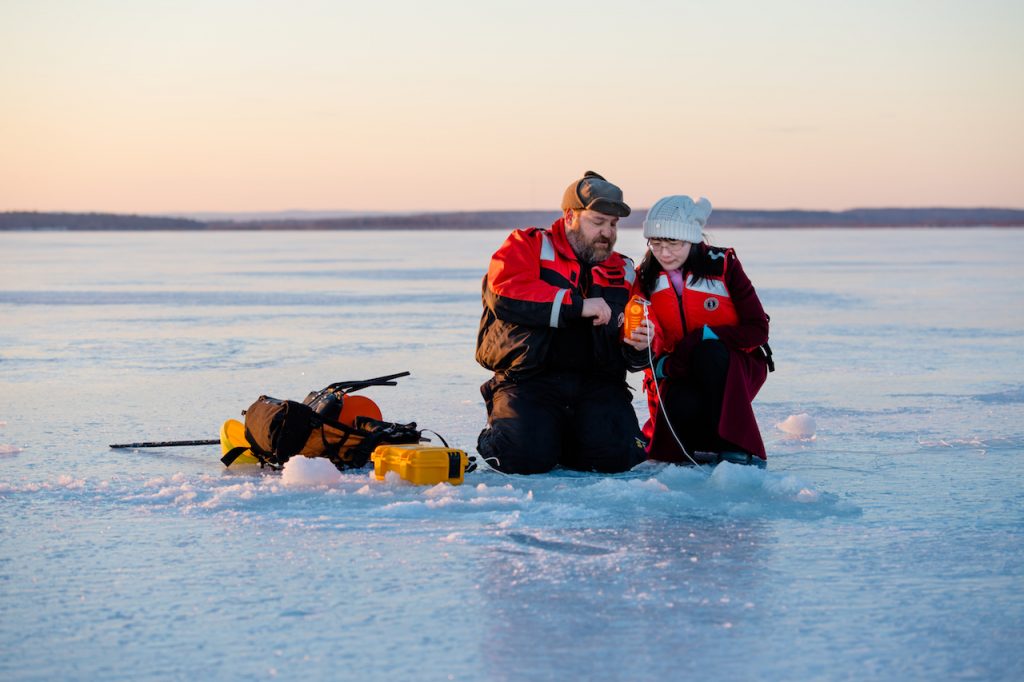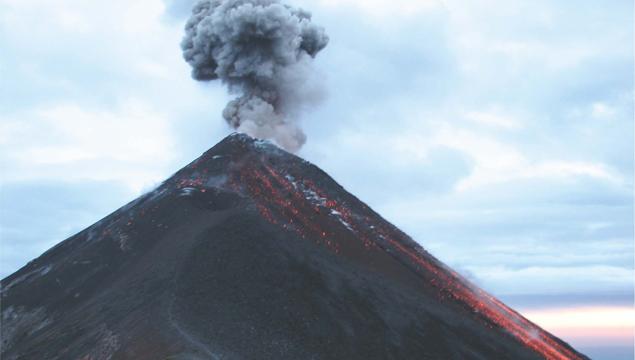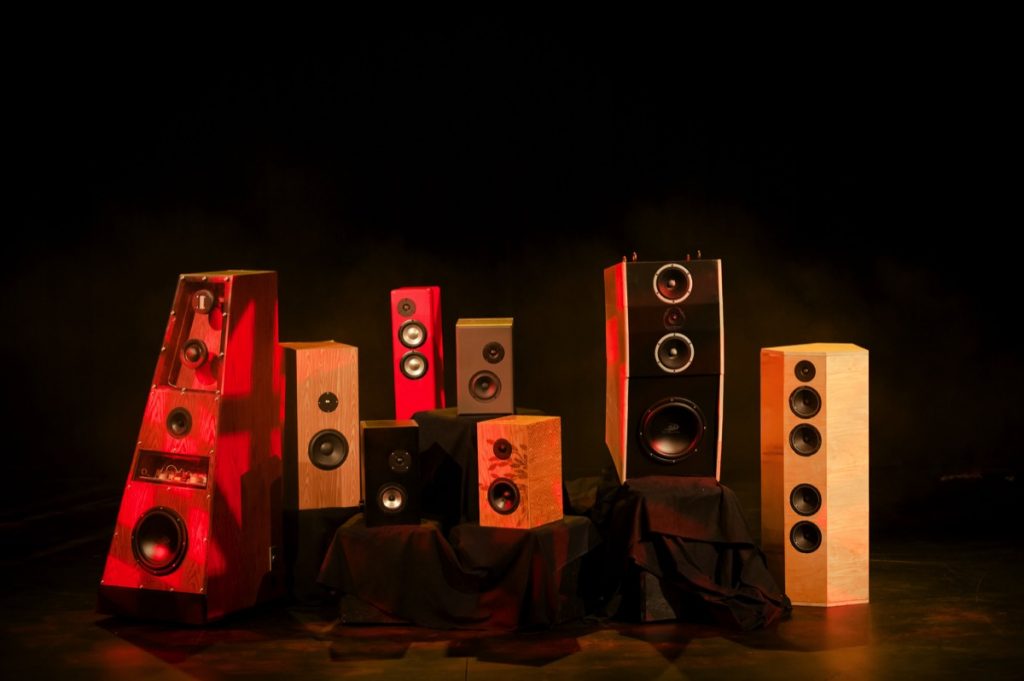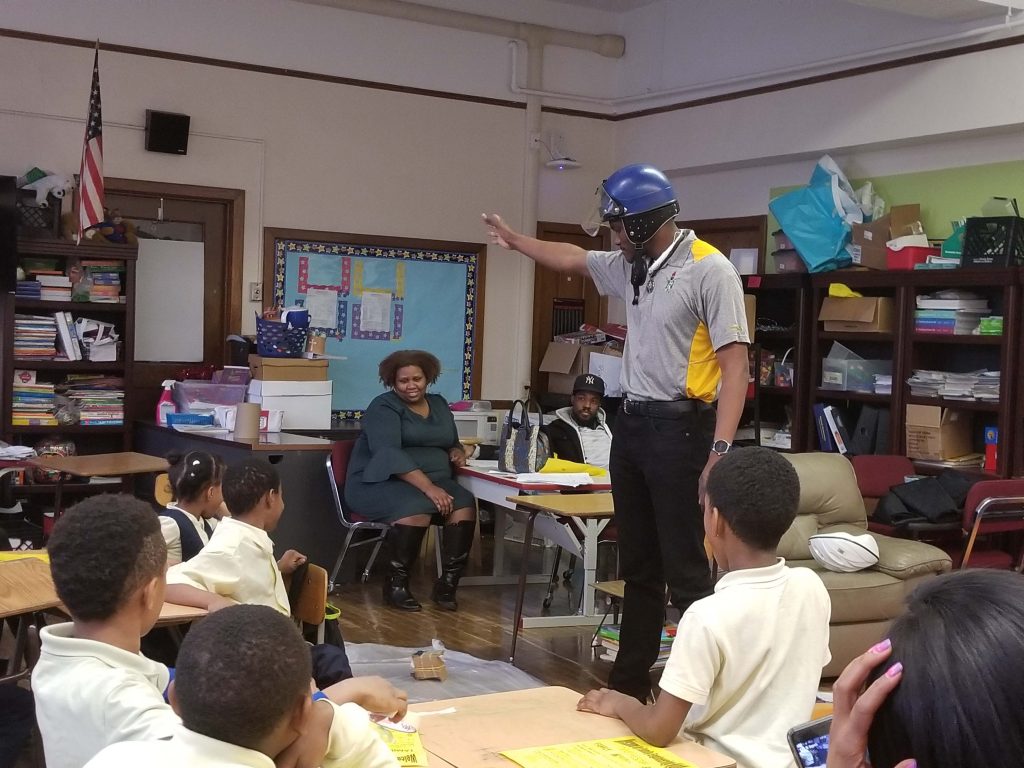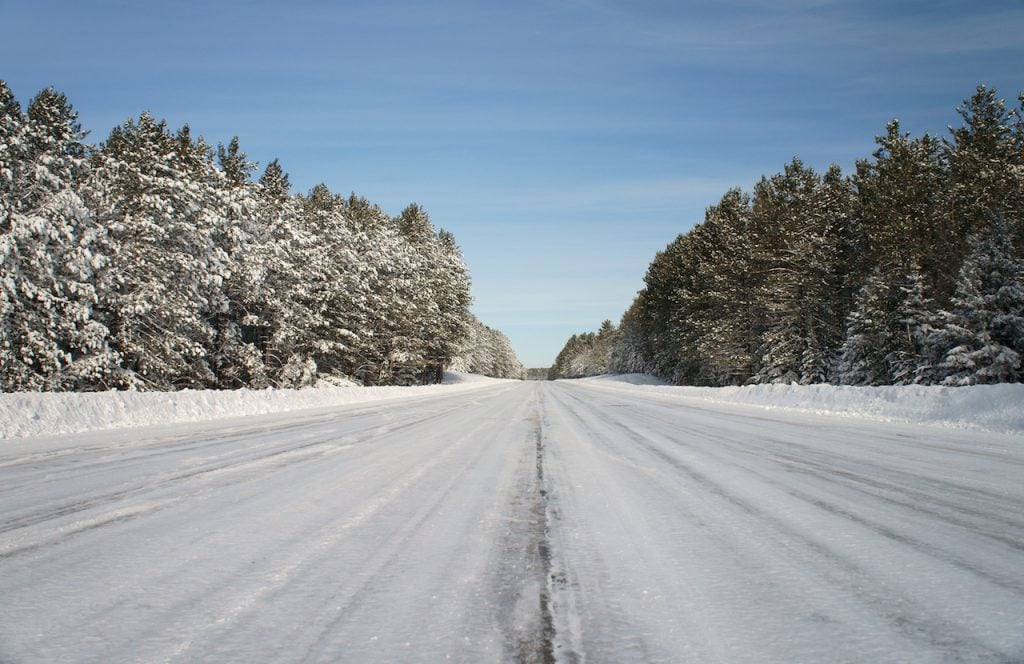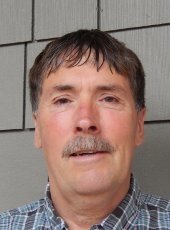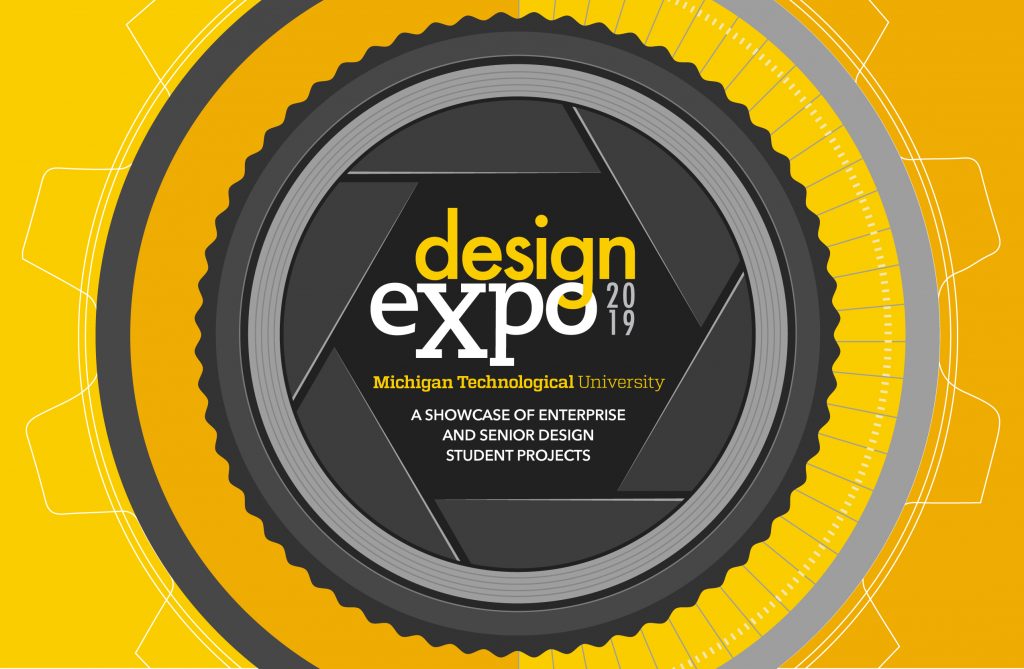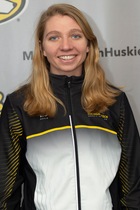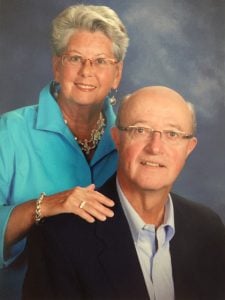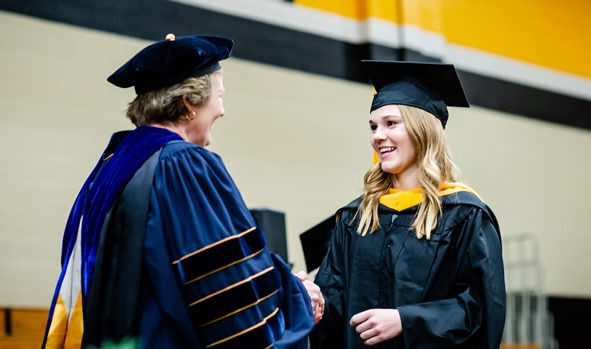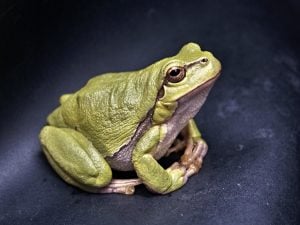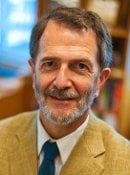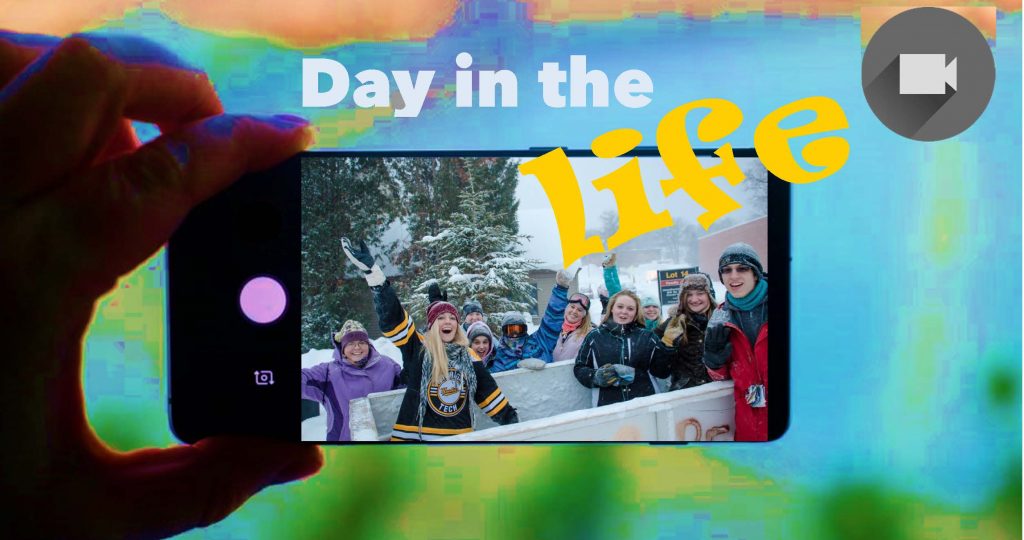
A Day in the Life of a Michigan Tech Student
Student Video Competition Spring 2019
- Submit your Day in the Life video by April 2!
- Win cash prizes—up to $5,000 awarded!
- 2-5 minutes in length.
- Students in all majors are welcome to compete.
- Competition is now open to Michigan Tech graduate students!
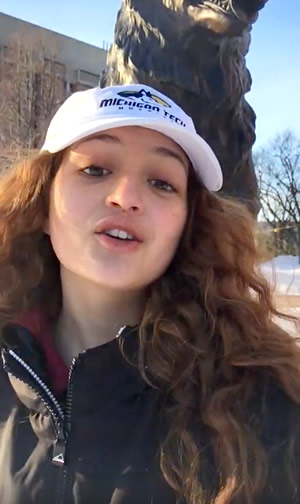
Enrolled Michigan Tech undergraduate students are invited to participate in a new campus-wide video competition. Give us a glimpse into your day as a Michigan Tech student. Create a short video with highlights and interesting moments that capture some of the essence of your activities in this unique environment.
- Competition opens March 18, 2019.
- Submission closes midnight April 2, 2019.
There will be multiple $300 and $100 prizes, up to $5,000 in total.
The aim is to generate a Day in the Life for all majors, reflecting a diversity of perspectives. Clean humor, tenacity, fun—the Tech experience!
Participants are asked to read the guidelines and follow the rules.
Rules
- The competition is open to full-time undergraduate students in all majors and to all full-time graduate students in all programs.
- Record your video March 18 – 29, 2019.
- Use only original footage which you own.
- Observe licensing requirements for audio effects.
- Videos should be 2-5 minutes in length.
- Videos must be in a standard format: MP4 or MOV.
- Use a horizontal or landscape orientation.
- Videos should be high definition: 720p or 1080p.
- Do not video people who request not to be in your video.
- Participants are responsible for arranging interviews or obtaining permission for in-class recording.
- Upload your video to your Michigan Tech Google Drive for proper sharing and authentication.
- Only one submission per student is allowed.
- The due date is April 2, 2019, by midnight.
- The University or College of Engineering may edit your winning video and use it in marketing platforms.
- Winning participants are asked to cooperate with follow-up clarifications on captioning or transcripts.
Guidelines
- Use your own video camera. A camera phone is fine.
- Introduce yourself in the video. First name only is OK.
- Use your own voice and style. If you are looking for guidance on tone and message, the Michigan Tech Brand Guide is available.
- The mood of the video should be light. Include humor and surprises!
- Participants can utilize a team or group for this video project, but only the focus student will be contacted or awarded.
- You can get help with video editing.
- Show student activities, dorm life, the local area, and campus.
- Be realistic and optimistic. Have clean fun.
Video Sharing
- To find Google Drive, login to your Michigan Tech gmail and go to https://drive.google.com/.
- Choose + New in the upper left corner and select File upload.
- Upload the video and select it.
- Choose the person + icon in the upper right corner (Share).
- Choose Get shareable link.
- Choose Copy link.
- Submit that as the Link to Video on Google Drive in the submission form.
Hosted by the College of Engineering with sponsorship from schools and departments across campus. Contact engineering@mtu.edu with questions.


